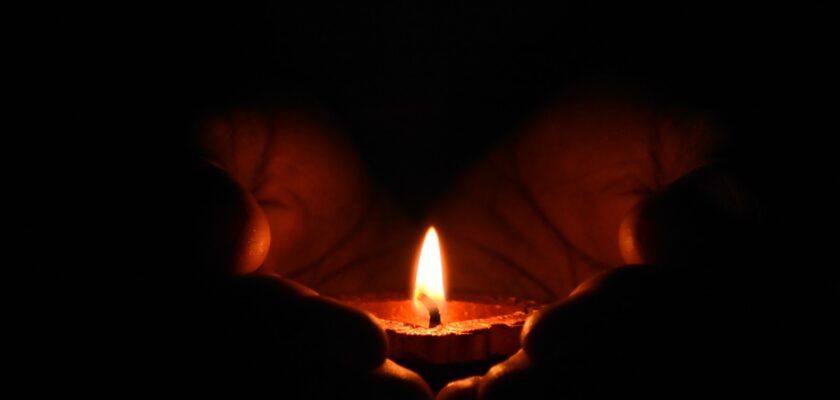The occasional itching or irritation in the vulva is normal and usually nothing to worry about. But persistent burning or itching could be a sign of infection or an underlying health issue that needs treatment.
Chemicals found in laundry detergents, bubble bath lotions, scented soaps, maxi pads and pantyliners, swimming pool disinfectants and scented toilet paper can all irritate the vulva, leading to burning sensations.
Irritation
A burning sensation, itching or sensitivity in the vagina isn’t always normal, but it can signal an infection or other health issue. It may begin suddenly or gradually and get worse when you use certain products, like soaps, tampons, pads, condoms, deodorants and sprays. Perfumes and scented products can also do damage by changing the pH balance of the vulva and triggering irritation.
When you’re sexually aroused, the Bartholin glands — two pea-sized glands near the clitoris — secrete fluid that helps with lubrication during sex and decrease friction between the labia minora. This is called arousal fluid.
If you’ve recently had sex and experience pain or itching in the vulva, it could be a sign of an untreated STI such as herpes, genital warts or chlamydia, which is very treatable with antibiotics. You should tell recent sexual partners about your symptoms so they can take a STI screening test, practice proper hygiene and avoid the spread of infection until you receive treatment. Yeast infections can also be treated with a course of over-the-counter anti-yeast medication.
Allergies
Feelings of burning or stinging in the vagina can be alarming and cause the mind to leap into the worst-case scenarios. But they can also be a sign of something relatively harmless. When it happens after sexual intercourse, for example, a feeling of burning may indicate an allergy to the partner’s semen or condom, especially if it is accompanied by discharge and a foul smell. It may also indicate that there isn’t enough lubrication, or it could be a sign of an infection such as candidiasis, bacterial vaginosis, trichomoniasis or gonorrhea.
To check for an infection, your gynecologist might put a smooth, tube-shaped tool called a speculum inside your vagina to hold it open. They might also use a cotton swab to wipe your vulva. In many cases, the burning sensation will subside on its own once the underlying problem has been identified and treated. If it doesn’t, see your OB-GYN right away.
Infections
Many infections can cause a burning sensation down there, but it’s not always easy to distinguish where the pain is coming from. Yeast infections, bacterial vaginosis or herpes can all make you feel hot and have similar symptoms like itching, a thin fishy-smelling discharge and vulva pain.
Yeast infections happen when certain yeast that normally lives in your vagina grows out of control. Bacterial vaginosis is an infection that throws off the balance of bacteria in your vulva and usually causes a thick, white, frothy discharge. Yeast and BV can also cause a burning feeling in the vulva and urethra because they throw off the normal pH of those areas.
Trichomoniasis, a sexually transmitted disease caused by a protozoan parasite called Trichomonas vaginalis, may also cause a burning feeling in the genital area and is typically associated with a foul-smelling, greenish or yellow discharge. It can affect women of any age, but it is most common in teens and young adults. Trichomoniasis is treated with antibiotics such as metronidazole or tinidazole. Herpes, which is also a sexually transmitted disease, can cause sores on the penis and mouth that burn.
Menopause
Menopause occurs when women stop getting periods and stops ovulation, the process that creates and releases eggs each month. During menopause, estrogen levels decrease and can cause symptoms like hot flashes, mood changes and vaginal dryness.
A doctor may prescribe a cream, gel or pill with estrogen to help relieve these symptoms. Estrogen is also a building block for collagen, which helps make up skin, hair, bones and other tissues throughout the body. Less estrogen can lead to weaker pelvic floor muscles, which can contribute to urinary incontinence and a dry vaginal area that can burn during intercourse.
Most women enter perimenopause (the years leading up to menopause) and then menopause when they are 45 to 55. But menopause can happen earlier than that for reasons such as surgery to remove the ovaries or uterus, cancer treatments, and genetics.
Most women in perimenopause experience hot flashes, which are sudden feelings of heat that move across the upper chest and face. They can last up to two or four minutes and are often accompanied by sweating, anxiety or heart palpitations.
Vulvodynia
For women with vulvodynia, treatment options focus on relieving pain and avoiding activities or events that trigger it. Treatments may include topical ointments, painkillers, pelvic physical therapy, biofeedback and stress reduction techniques. Some women find relief by keeping a pain diary, identifying things that cause pain and following how treatments affect their symptoms.
If you have vulvodynia, talk to your health care provider about it. He or she will ask about your symptoms, your menstrual cycle and your sexual history. He or she will also do a pelvic exam and carefully examine your vulva. He or she may do a cotton swab test or take a small sample of tissue from the area to check for a yeast infection or other condition.
Make sure to keep up with routine pelvic exams, Pap tests and other regular gynecological visits. Some women report that health care providers dismiss vulvar pain, but it is important to get help. It’s also important to seek a gynecologist who has experience treating vulvodynia and other conditions that can cause it.

